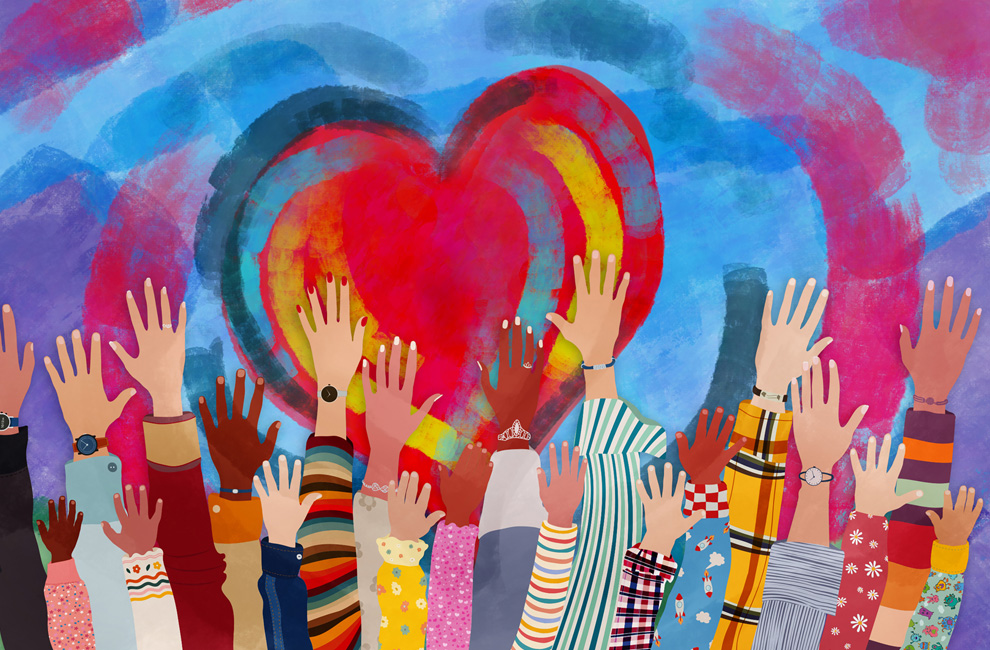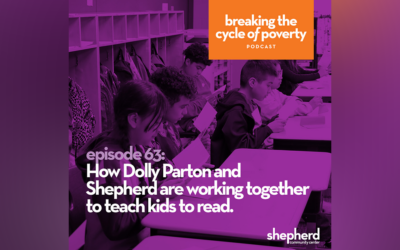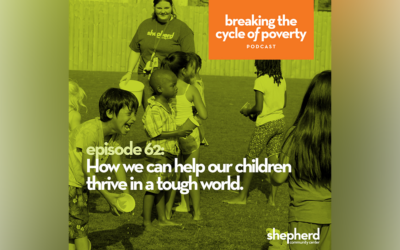In 1938, researchers at Harvard University asked a vital question that remains highly relevant 85 years later: What are the factors that determine if a person leads a healthy and happy life?
To find answers, the researchers began a long-term study involving 268 Harvard sophomores, whose ranks included a future president, John F. Kennedy. Eventually, the participants’ spouses and children were added to the study, which continues to this day.
What did the scientists determine, after eight decades of research, was the most important factor for whether a person lives a happy and healthy life?
Relationships.
“The surprising finding is that our relationships and how happy we are in our relationships has a powerful influence on our health,” Robert Waldinger, director of the study and a professor of psychiatry at Harvard Medical School, told the Harvard Gazette. “Taking care of your body is important but tending to your relationships is a form of self-care too. That, I think, is the revelation.”
The importance of strong relationships isn’t surprising for those of us at Shepherd Community Center. Building healthy, long-term connections with our neighbors is core to our approach to fulfilling our mission to break the cycle of poverty on the near Eastside of Indianapolis.
What does that look like? It means that we don’t just distribute meat, vegetables and other staples from our food pantry to our neighbors. We also strive to build and sustain relationships, the type that go deep and last for a lifetime. A box of food can be consumed in a few days; a friendship can nourish us forever.
We take the same approach in how we operate our childcare center, elementary school, job training classes and other core services. It’s about people first, and programs, while critically important, second. And while we use data to inform our decision-making, we remember that every nugget of data represents a name and a face.
Why are strong relationships so essential? I believe it’s because we were created to connect with one another, to share our good days and bad, to listen and encourage each other.
It’s kind of like my grandchildren’s Legos. A solitary Lego isn’t designed to fulfill its purpose by itself. But a collection of Legos can be used to build something special and unique.
The absence of relationships doesn’t harm just our personal health and happiness. Our communities suffer as well. I believe that several of America’s biggest problems – violence, substance abuse, poor mental health, the toxic polarization that threatens our national unity – can be traced, at least in part, to the social isolation that plagues so many of our neighbors.
So how do we push back against isolation? I think our grandparents had this thing figured out pretty well. They were much more likely to connect with one another – through clubs, houses of worship and simply walking across the street to check on a neighbor – than most of us are today.
To go way back – a couple thousand years ago – Jesus told his followers that the second most important of all the commandments was to love our neighbors. Love isn’t just thinking nice thoughts about the person next door or the people in the next neighborhood. Love requires action – and from my experience, that action usually requires us to turn off the TV, put away the phone, and get to work on strengthening old relationships and building new ones.
It requires us to invest of our time and ourselves in someone else’s life. Even when, and perhaps especially when, life is messy and reaching out to another person feels uncomfortable.
The returns on that investment include healthier neighbors and healthier communities. And if the researchers at Harvard are right, a healthier and happier you.
Jay Height is executive director of Shepherd Community Center in Indianapolis.




